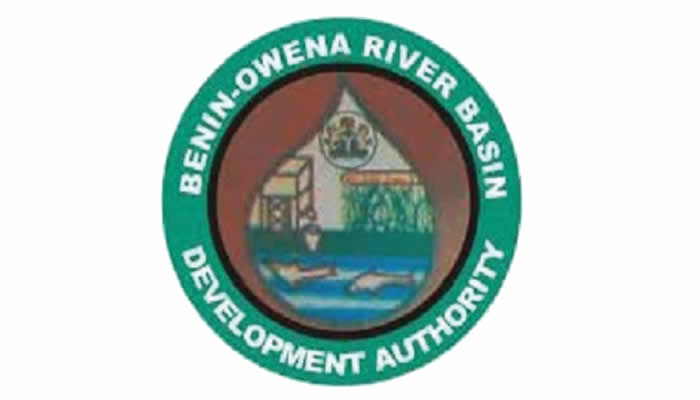The Benin-Owena River Basin Development Authority (BORBDA) and the Question of Ethnic Representation: A Civil Society Perspective
The recent protests demanding that the Managing Director position of the Benin-Owena River Basin Development Authority (BORBDA) be reserved for a Benin indigene have sparked considerable debate and raised concerns about ethnic representation in public institutions. A coalition of civil society organizations in Edo State has strongly condemned these protests, characterizing them as misguided and counterproductive to the principles of equity and fair representation enshrined in the Federal Character Commission. The coalition argues that the demands of the protesters are not only unfounded but also potentially detrimental to the development and stability of the region.
The BORBDA is a multi-state agency responsible for the development and management of water resources within its jurisdiction, covering Edo, Ondo, Ekiti, and Delta states. The protesters, claiming to represent the interests of the Benin ethnic group, assert that the position of Managing Director should be allocated to a Benin indigene as a form of compensation for hosting the agency’s headquarters. However, the civil society coalition contends that this demand disregards the multi-state nature of the agency and the principles of equitable representation that should guide appointments to such positions. Furthermore, the coalition points out that Edo State, and specifically individuals of Benin extraction, have historically held the Managing Director position on multiple occasions, exceeding the representation of any other state within the BORBDA’s coverage area.
The coalition emphasizes that the protesters’ demands do not reflect the broader sentiments or interests of the Benin people. They argue that the Benin ethnic group has established and respected traditional and political structures through which legitimate concerns and interests are articulated. These unauthorized protests, according to the coalition, undermine these established channels and misrepresent the Benin people’s collective will. The true interests of the Benin people, they argue, lie in promoting development and fostering peaceful co-existence within the region, not in advancing narrow ethnic agendas.
Moreover, the civil society coalition expresses concerns about the potential negative consequences of these protests, including the possibility of the agency’s relocation from Edo State. Such a move, they warn, would exacerbate existing industrial deficiencies and negatively impact the state’s economic prospects. The coalition urges the newly appointed management team, led by Dr. Femi Adekanbi, to disregard these disruptive protests and proceed with their mandate to develop and implement action plans for the betterment of the region. They call on all stakeholders to prioritize constructive dialogue and collaboration over divisive rhetoric and actions.
The coalition underscores the importance of adhering to the principles of the Federal Character Commission, which aims to ensure fair and equitable representation of all ethnic groups and states in federal appointments. By circumventing these principles, the protesters risk creating a precedent that could undermine the stability and unity of the nation. The principle of rotation and equitable distribution of leadership positions in multi-state agencies like BORBDA is crucial for promoting inclusivity and preventing the marginalization of any particular state or ethnic group.
The coalition’s stance highlights the importance of distinguishing between legitimate advocacy for equitable representation and narrow, self-serving demands that disregard established principles and potentially jeopardize regional stability. The focus, they argue, should be on fostering an environment conducive to development and cooperation, rather than engaging in divisive actions that could undermine the very institutions designed to serve the interests of all stakeholders. The BORBDA case serves as a reminder of the delicate balance required to ensure equitable representation while upholding the principles of unity and national development. The call is for dialogue, understanding, and a commitment to the common good, rather than the pursuit of narrow ethnic agendas.














